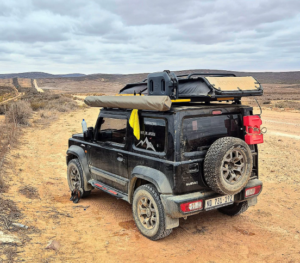History records “indenture” of Indians as a cruel lived experience, followed by its ruthless continuance under apartheid, writes Durban constitutional lawyer, Saber Ahmed Jazbhay.
This month marks 159 years since the arrival of Indians to the shores of Addington Beach, Port Natal on November 16, 1860.
After a 34 day journey, the 342 indentured laborers saw the Indian ship SS Truro drop anchor. The second group of 342 passengers from Calcutta arrived on the SS Belvedere just 10 days later.
History records indenture as a cruel lived experience, followed by its ruthless continuance under apartheid. Was it a co-incidence that one year after the Nats had won the elections we had a pogrom against people of Indian origin who, the records show, were enticed to be repatriated to India despite having planted their roots firmly in this country and, bar a few, declined the free passage.
I’m referring to pogroms such as the genocide in Cato Manor? Memory is my key. It’s foundation for the present. So “What was it like then?” my high school-going daughter asked me as if I was a reincarnate of those indentured Indians 150-years-ago. “What did it feel like?” she squeezed my arm, searchingly asking, pen in hand poised to write her assignment on those from my ancestral homeland whose feet touched the sandy shores of Addington beach 150 years ago.
What motivated them to leave their birthplace and become indentured laborers in a strange land.
They were lied to, for sure. Inconvenient information was kept from them through a false narrative of promises…. like why would their masters’ by-pass the mighty warrior Zulu people for emaciated, tiny, susceptible to disease foreigners to work and cultivate lands under force of arms?
Her enquiring, searching and curiosity shook me enough to lift my gaze from the voluminous brief I was studying in preparation for a trial. She repeated her request.
Indeed what was it like then, what did it feel like?
I got up from my desk, walked to my collection of books and opened the pages of Aziz Hassim’s Revenge of Kali and read to her these lines: “if you listen carefully, and the wind is in the right direction, you will hear their spectral voices, the soft whisper from the ancients. Listen now, not with your ears but with your heart and your soul. Sink into yourself, below the sound of your breathing, deep into the underbelly of your consciousness. It will come to you then, like gentle murmur over the ether……” I closed the book. She got her answer.
Here we are 159 years later affirmably as indigenous, and as defiant as those Zulus whose resistance against colonialism once edited out of our historical text books, is now firmly woven into the tapestry, we, sluggishly shaking off the dead leaves of the divisiveness that has invaded and has become embedded again in the narrative of hate and retribution whose genesis is my ancestral motherland, from whom I am estranged – India.


